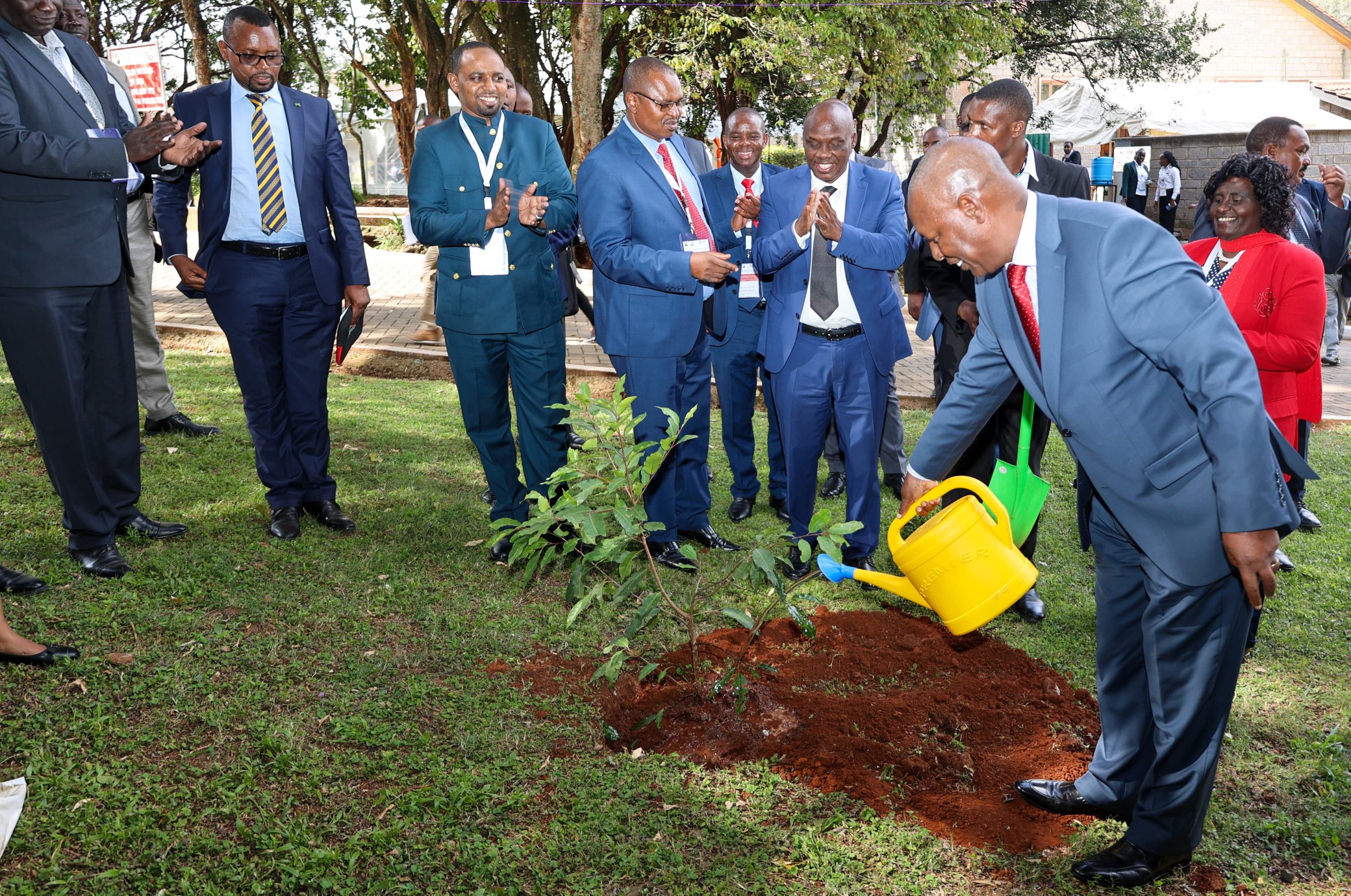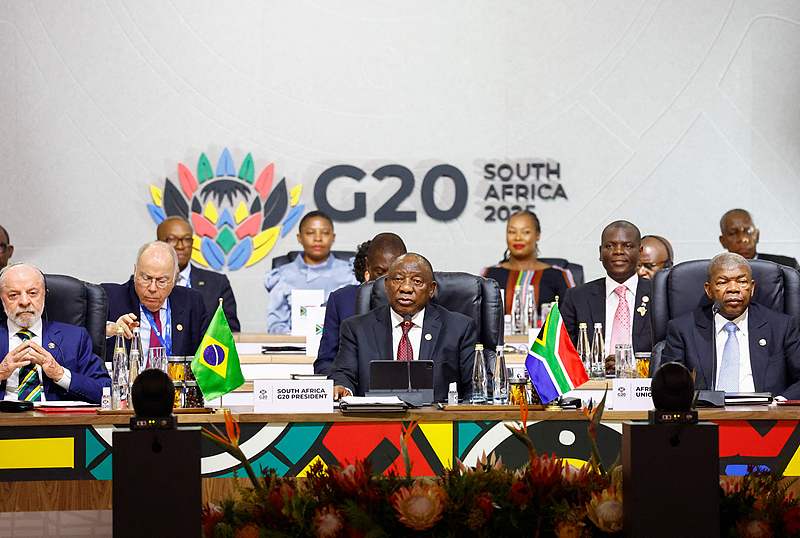
Global scientists meet in Kenya to promote trade in certified seeds
More than 200 scientists from across the globe started a four-day meeting in Nairobi, the Kenyan capital, on Monday to discuss new ways to promote trade in certified seeds.
The conference, under the theme of “Seed Quality Assurance and Technological Advances for Climate Adaptation toward Sustainable Food and Nutritional Security”, is the first of its kind held in Kenya, which provides an opportunity for stakeholders to share experiences, achievements, challenges, and opportunities that can be leveraged to boost the commercialization of high-quality seeds.
Andrew Karanja, cabinet secretary of Kenya’s Ministry of Agriculture and Livestock Development, said that access to quality seeds and inputs is a critical determinant of agricultural productivity.
“Seed certification is a robust process that plays a pivotal role in promoting crop productivity, maintaining genetic integrity, and fostering market confidence,” Karanja said.
He noted that Kenya and other African countries have invested heavily in seed production facilities and services over the last two decades, adding that the agricultural sector has a significant bearing on food security, economic growth, and social stability.
Karanja called for revising existing regulatory and supportive frameworks, fostering competitive seed markets with minimal barriers and facilitating responsible trade in high-quality agricultural products.
He urged African governments to develop strategies that enhance the availability of quality seeds capable of withstanding extreme weather events linked to climate change.
Theophilus Mutui, managing director of Kenya Plant Health Inspectorate Service, the organizer of the ongoing meeting, said that Kenya’s internationally accredited seed, plant health, and analytical laboratories have empowered farmers to monitor the quality of agricultural inputs and diagnose plant pests and diseases, providing reliable results to facilitate farmers’ access to climate-resilient and high-yielding quality seeds.
“The provision of the certification label as a mark of quality allows farmers to recognize as well as verify the authenticity of the seed to curb counterfeit seed in the Kenyan market,” Mutui said.






